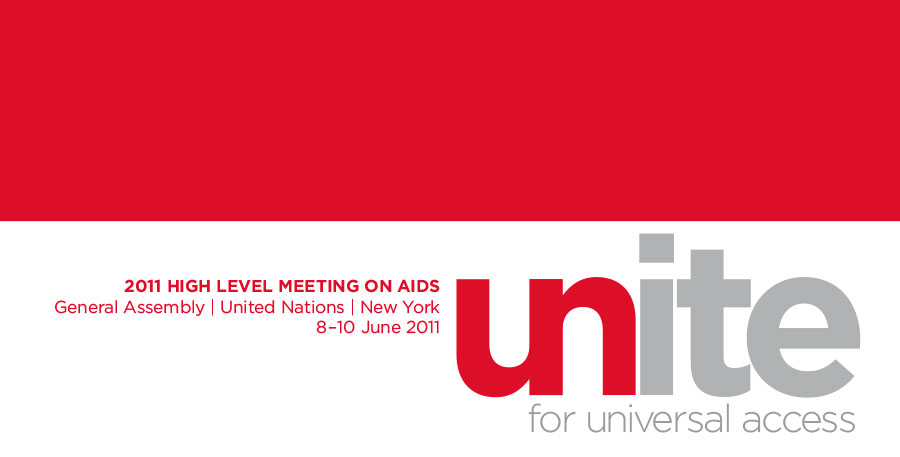UN Secretary-General issues recommendations to bolster AIDS response in order to meet 2015 targets
The United Nations Secretary-General Ban Ki-moon has issued his first report on HIV to the UN General Assembly since the 2011 High Level Meeting on AIDS. In the report, he highlights the urgent need to achieve immediate, tangible results and for the AIDS response to be smarter, more strategic, more efficient, and grounded in human rights.
The 2011 Political Declaration on AIDS – Implications for Africa
Government, United Nations and civil society representatives gathered on the last day of ICASA 2011 to discuss how to deliver on the 2011 United Nations Political Declaration on HIV/AIDS for Africa. The Declaration, unanimously adopted at the UN High Level Meeting on AIDS in June 2011, sets forth bold new targets and calls on member states to redouble efforts to achieve universal access by 2015.
ASEAN leaders commit to “getting to Zero”
The Heads of State and government from the ten countries that make up the Association of ASEAN have committed to making Zero New HIV Infections.
Faith leaders discuss ending stigma at prayer breakfast meeting
On the closing day of the United Nations General Assembly High Level Meeting on AIDS, faith-leaders came together with people living with HIV, representatives from key populations at higher risk of infection and other partners in the AIDS response to discuss ways to end stigma and to build strong collaborative partnerships for future action at country level.
Bold new AIDS targets set by world leaders for 2015
Unprecedented global participation at UN General Assembly High Level Meeting on AIDS leads to new commitments, targets and momentum in the AIDS response
Partners come together to lessen HIV-risk for migrants and mobile populations
For the world’s 214 million international migrants and 740 million internal migrants the sometimes challenging conditions of the migration process can leave them vulnerable to HIV infection. During the General Assembly High Level Meeting on AIDS in New York, governments, civil society partners and intergovernmental agencies came together to examine ways of increasing access to HIV services for people on the move.
Integrating the AIDS response with broader health and development agendas
Taking AIDS out of isolation and into integration was the focus of the final panel discussion on the closing day of the UN General Assembly High Level Meeting on AIDS.
Call for leaders to champion the needs of women and girls in HIV policy and programming
“Women, girls and HIV” was the theme of a high level panel which was held at the United Nations on Thursday 9 June.
Applying evidence for results: How can we effectively scale up HIV treatment?
A special side event was convened for ministers from a wide spectrum of sectors—including health, justice, social development and labour to come together to share their experiences across the new landscape and outlook for HIV treatment, including treatment for prevention.
Young people in the AIDS response: Taking the lead
Young people are at the heart of the AIDS epidemic and should be at the heart of the AIDS response. How to ensure the global challenge to HIV better serves the needs of young people was explored during a key event at the High Level Meeting on AIDS this week.


